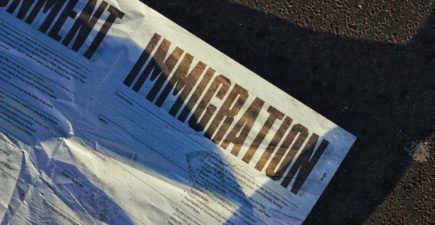
U.K.’s controversial Rwanda deportation policy has modern slavery victims at its heart
In a significant development in U.K. immigration policy, the debate over the Rwanda (Asylum and Immigration) Bill, recently renamed the Safety of Rwanda Bill, has intensified. Central to this controversy is the treatment of victims of modern slavery, with the legislative outcome heavily impacting their rights and safety.
Legislative standoff
After a prolonged standoff between the unelected House of Lords and the elected House of Commons, expectations were set for the Safety of Rwanda Bill to pass on Wednesday. However, the Lords pushed for amendments, leading to another anticipated vote next week. This legislative ping-pong between the two houses underscores the complexity of integrating strict immigration controls with human rights protections, especially concerning those escaping forced labor and exploitation.
“I can only draw the conclusion that the Rwanda scheme is insensitive, immoral, and unwise. The Government fail to see the implications and risk of re-traumatisation that the Rwanda plan – which could go ahead if the Safety of Rwanda Bill passes – poses for victims of modern slavery and human trafficking.”1
